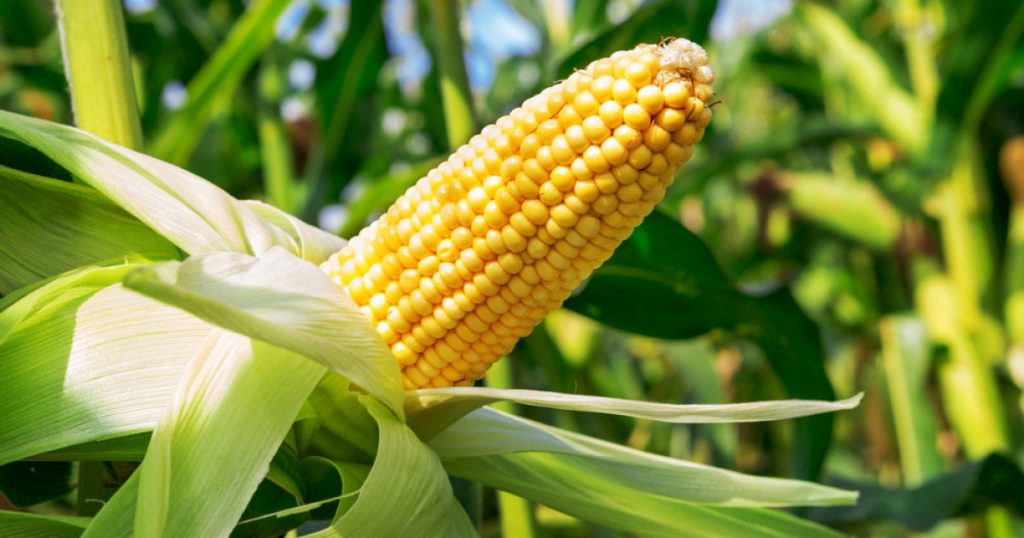Corn is a healthy grain that does not contain gluten. Therefore, people who can not eat wheat and other types of grain due to gluten can eat corn grain calmly. Even the gourmets and children, will like the sweet and soft taste of grains. Most people on the planet simply adore corn. And those who do not want to add corn to their diet can get acquainted with the benefits of consuming corn and maybe they will change their opinion about this sweet product.

Whole Grain.
If you adhere to the principles of proper nutrition, then you probably know about the benefits of eating whole grains. Corn is no exception and helps your body be healthy. Eating whole grains of corn prevents diabetes, obesity, cardiovascular disease, and cancer. But you must understand that serving size affects whether you will receive benefits or harm to your health. For an adult, just one ear is enough to benefit from corn. Excessive consumption can lead to problems with the stomach and intestines.
The composition of the corn.
Each product of our food brings us the necessary substances. Therefore, we value corn for the fact that it gives you vitamins B in large quantities, and potassium, which is necessary for the work of the heart. Also, if you want to maintain muscle mass during weight loss, then potassium will help you do this. Thus, corn is useful for those who lose weight although they have a beautiful body. Vitamin A is found in corn and helps strengthen immunity and forms the mucous membrane of the respiratory tract. Therefore, microbes cannot penetrate the blood.
Antioxidants.
Corn contains such pigments as lutein, zeaxanthin, carotenoids. Scientists have proven that these pigments protect the eyes from inflammation and cataracts. Corn contains the antioxidant quercetin, which is necessary to prevent the development of Alzheimer’s disease. This antioxidant destroys worn cells.
Digestion.
Corn is the best helper for your gut. Insoluble fibers leave the body and remove all waste, not allowing them to accumulate in your intestines. If you eat corn regularly, your colon function improves. The stool volume increases and you can get rid of constipation. Regular stool helps prevent the development of inflammatory processes in the body, reduces the risk of hemorrhoids and colon cancer. Also, corn helps to cope with hunger. A small amount of grains saturates quickly and for a long time.
The beneficial properties of corn have long been known. You can rarely find such a diverse composition of nutrients in other grains. Also, scientists claim that corn contains gold at least in small quantities. It affects the functioning of hormones and the immune system in the best way.
Despite the benefits of corn grains, you should use corn oil with caution. It is very oily and contains omega-6s and can lead to fat gain in your body. Corn syrup is also an unhealthy product that contains a lot of sugar and does more harm than good to your body.
There is no useful product in the world that can be consumed without restrictions. Corn also has several contraindications. For example, people who have thrombosis should refuse corn. Also, corn complicates the situation if you have increased blood clotting, thrombophlebitis, and diseases of the gastrointestinal tract.
Comments are closed, but trackbacks and pingbacks are open.